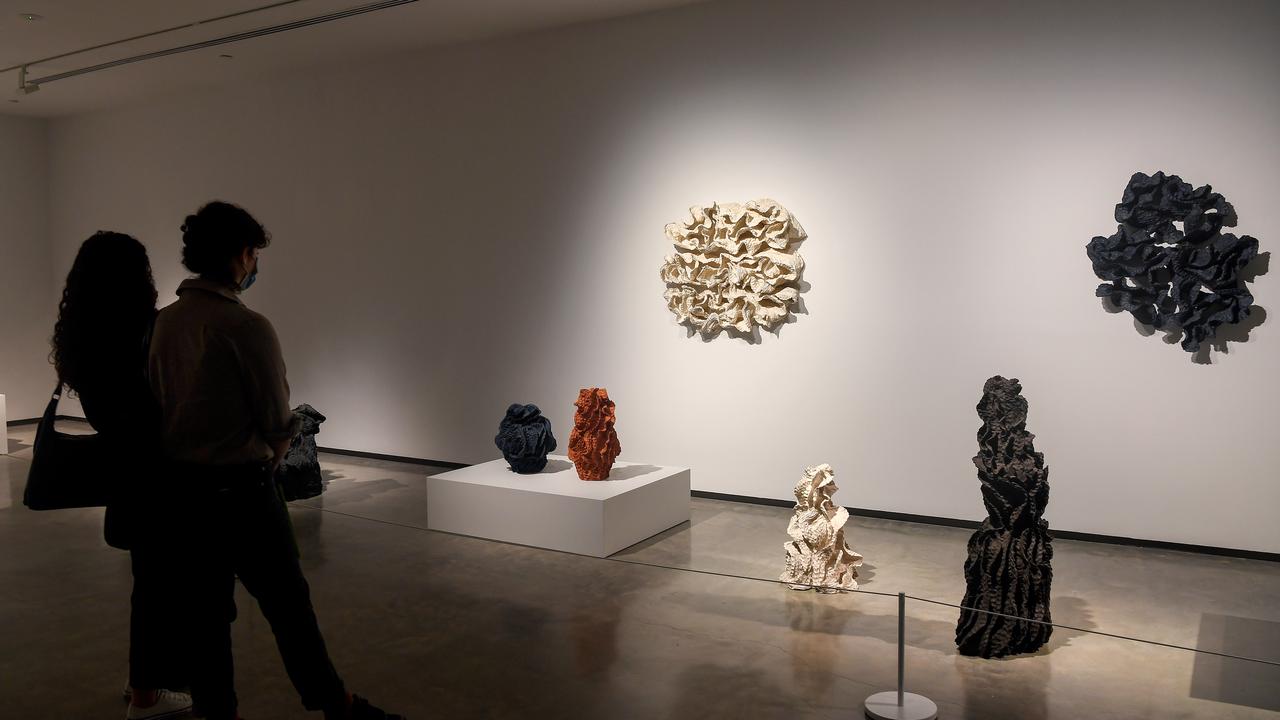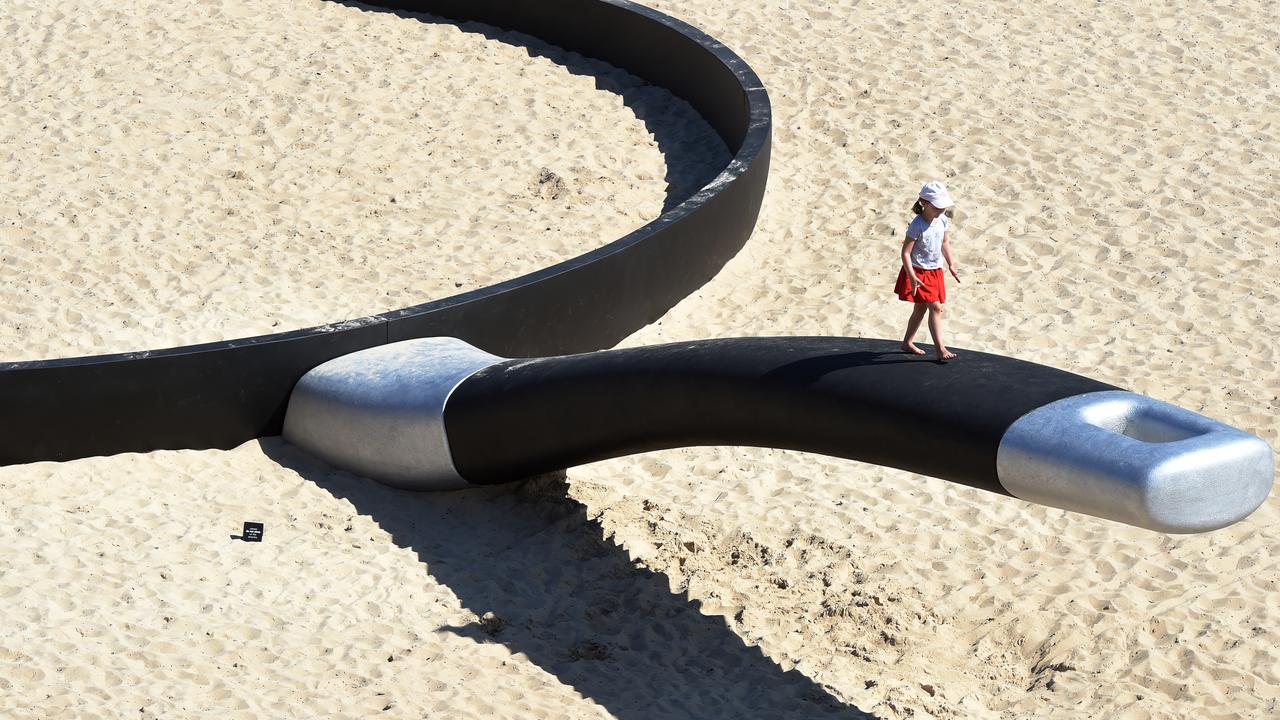
Australia's greatest creative minds are being held back by the tax system, as governments weigh up how best to support the arts.
The sector contributed $67 billion to the economy in 2023/24 and grew 6.6 per cent, but artists say they still struggle and are forced to work multiple jobs to make ends meet.
Federal Arts Minister Tony Burke was joined by state arts ministers at the Sydney Opera House on Thursday for a summit dubbed the Art of Tax Reform.
Submissions to the summit canvassed tweaks including scrapping tax on prizes and grants, offsets on production costs and initiatives to boost investment.
The summit takes place against a backdrop of job cuts at the Art Gallery of NSW and a funding crisis forcing the Museum of Contemporary Art to scrap free entry in late 2024.
"Big levers" like tax reform need to be pulled, NSW Arts Minister John Graham said, because pressure on the sector would not be eased by simply increasing funding.
"There are rising production costs, rising touring costs, and there are cost-of-living pressures impacting on ticketed shows," he said.
"Even in an environment where our government and these governments we're standing here with today are increasing funding, we simply can't keep up with the pressure."

Given the sector's stress, Mr Burke was asked if the arts could afford to wait for a "talkfest" to plot tax tweaks, rather than immediately offer more funding.
The minister said $880 million invested through the national cultural policy, dubbed Revive, was beginning to pay dividends.
"When we did the consultation for Revive, we had a couple of passing ideas for tax reform, but almost everything was funding, and you need a lot more rigour and work to determine how you'll do taxation options," he said.

Margaret Thanos, a stage and screen director based in Sydney, told the NSW government's cultural tax reform summit she worked multiple jobs for most of her career, an experience not unique in the sector.
"Even as a full-time professional director working at some of the largest companies in the country, the financial strain is difficult," she said.
"The current tax system was not built for people like us. It treats our work like regular salaried employment, even though our earnings are seasonal, project-based, and unpredictable."







